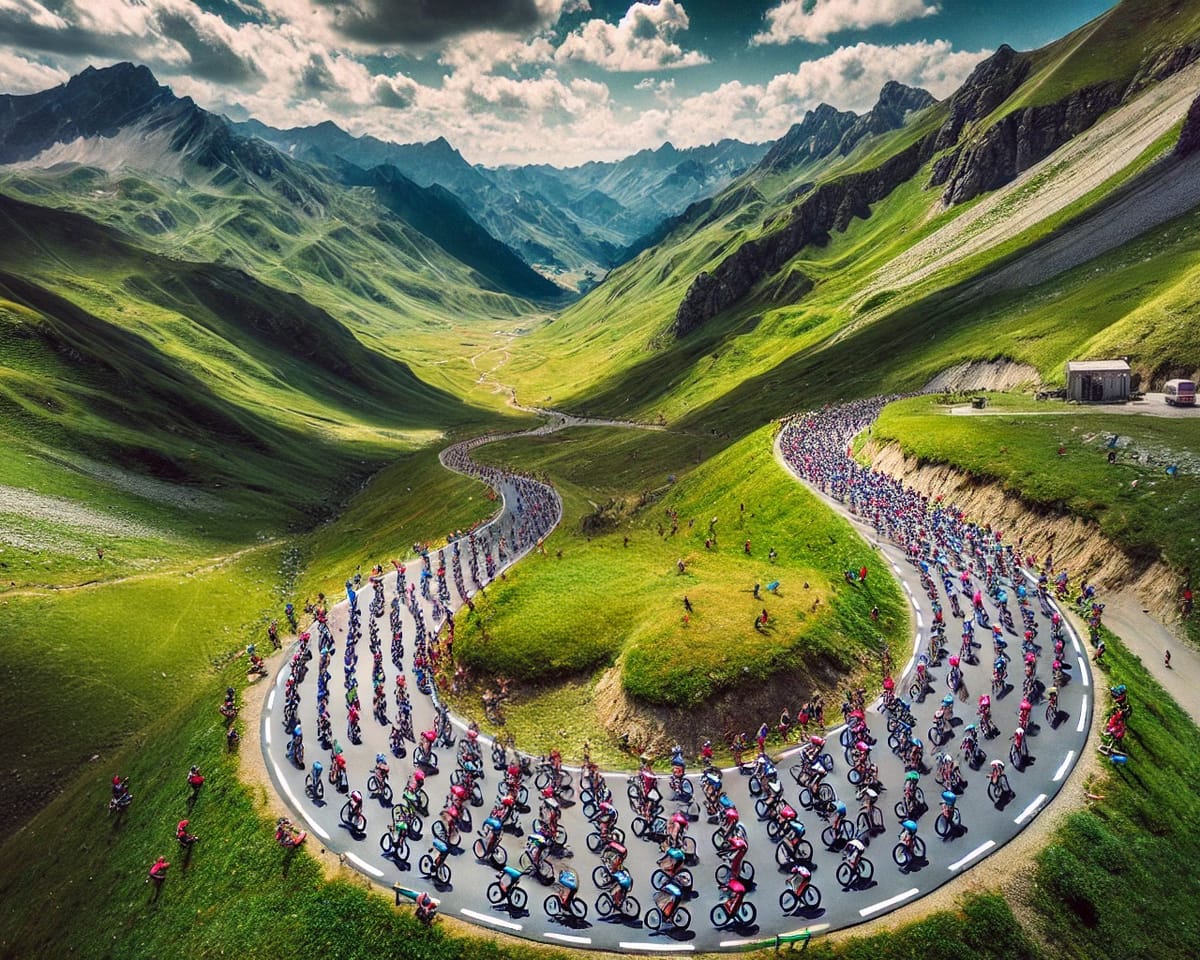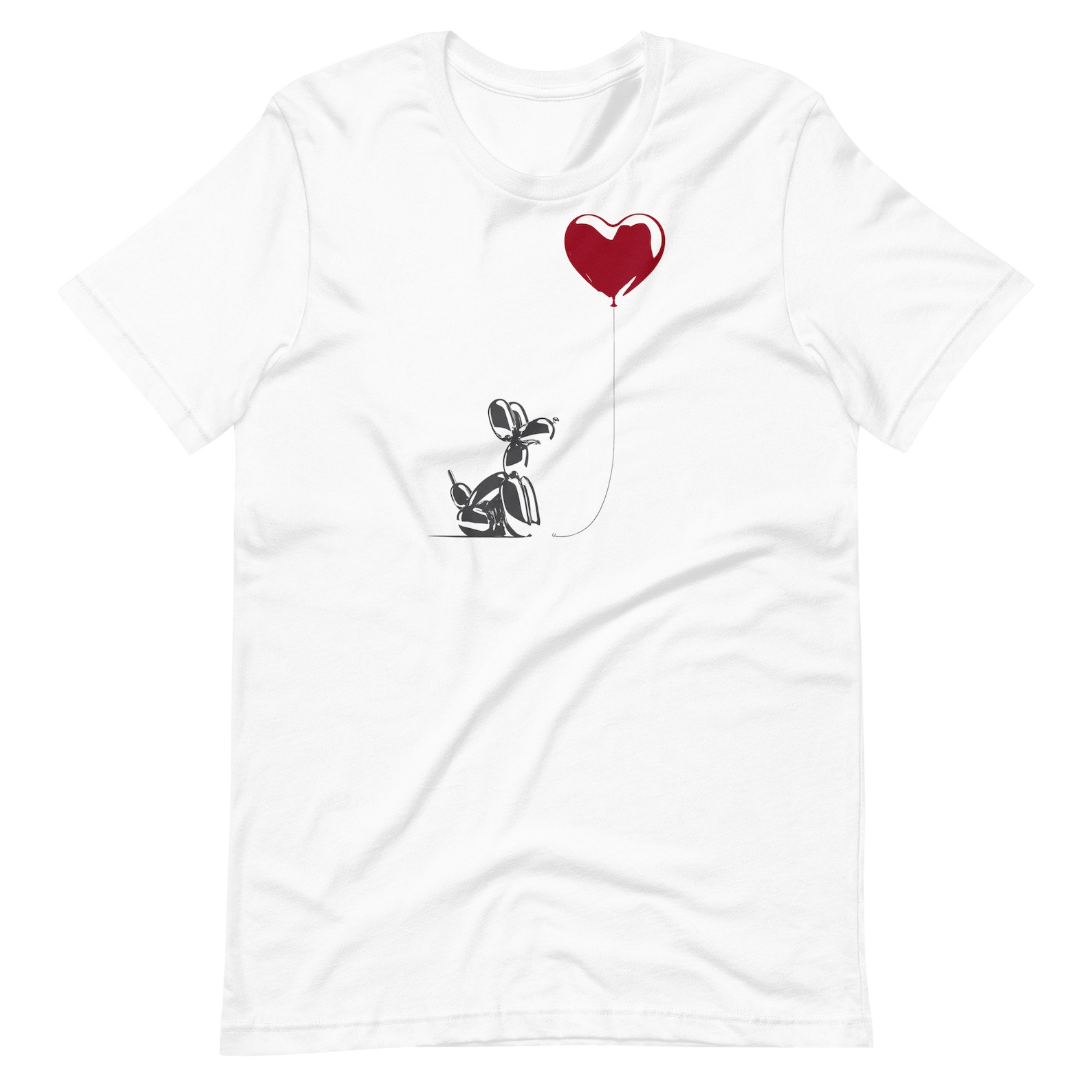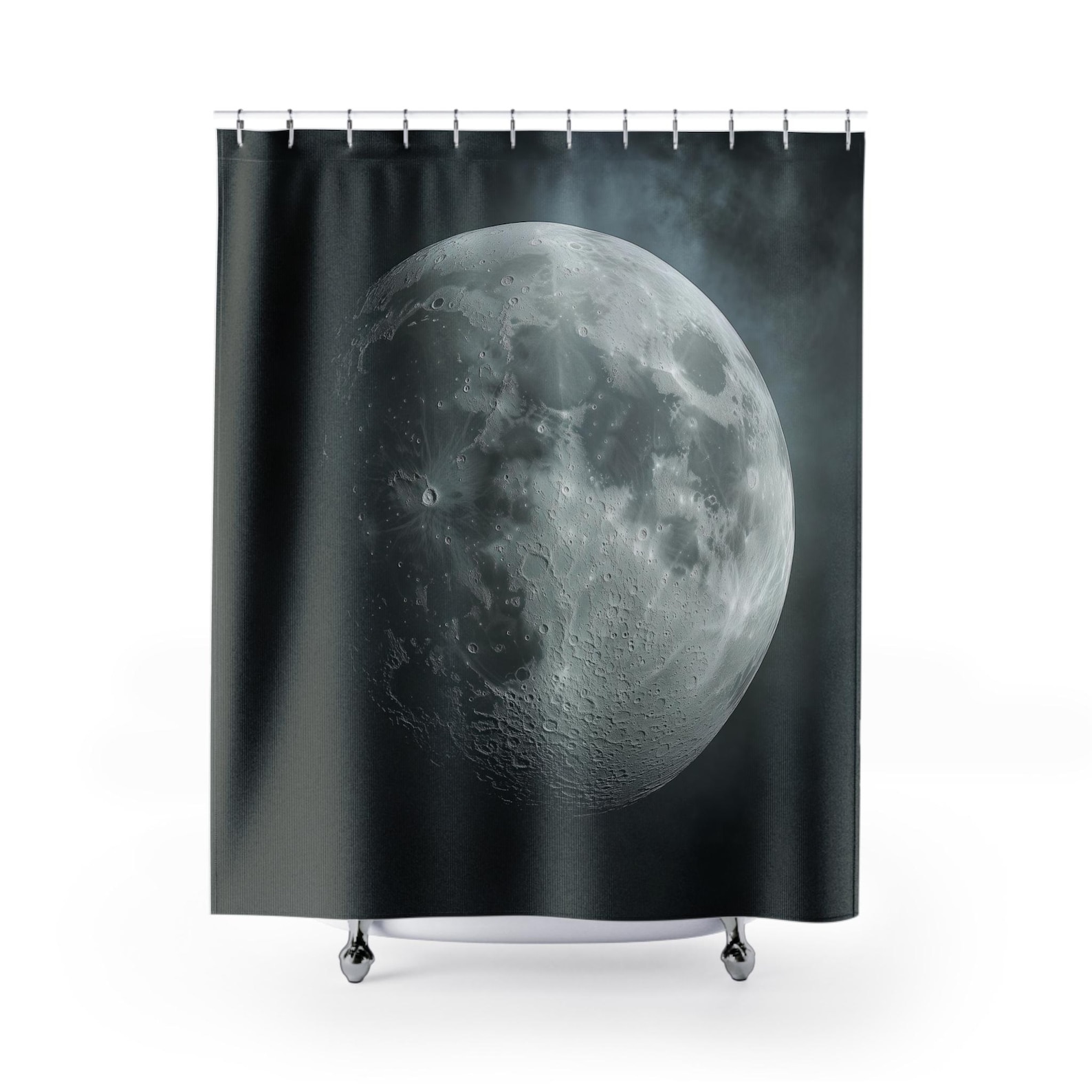The Surprising Origin of the Tour de France
In 1903, the French newspaper L'Auto found itself trailing behind its competitor, Le Vélo. Desperate for a boost, the Tour de France was born.

A newspaper's clever ploy
Tour de France: From Sales Stunt to Epic Race
A race born from a sales slump
Ever wonder how the scenic but gruelling, adrenaline-pumping Tour de France came to be?
In 1903, the French newspaper L'Auto found itself trailing behind its competitor, Le Vélo. Desperate for a boost, a young journalist named Géo Lefèvre pitched a daring idea to his editor, Henri Desgrange: a cycling race that would circumnavigate France, captivating the nation and, more importantly, sending L'Auto's sales soaring.
And so, the Tour de France was born! The inaugural race featured six gruelling stages, covering a total distance of 2,428 kilometers. Maurice Garin, a chimney sweep passionate about cycling, emerged as the first champion out of 60 participants, taking home the grand prize of 6,075 francs.
Mountains: Where the Drama Unfolds
In 1905, they decided to spice things up by introducing mountain stages. These brutal climbs, like the Ballon d'Alsace in the Vosges mountains with an elevation of 4.091', added a whole new layer of drama and excitement to the race, pushing cyclists to their absolute limits and testing their climbing prowess.
Pushing the limits of endurance
The race's early years were already a test of endurance, but in 1926, organisers took it to a whole new level. The route covered an insane 5,745 kilometers – like pedalling from New York City to Los Angeles and halfway back, calculating from straight line air distance. This extraordinary distance remains the longest in Tour de France history.
From newspaper ploy to global phenomenon
Today, the Tour de France has transformed into a global phenomenon. Millions of fans worldwide flock to the roadside each year, turning the event into one giant, rolling party. It's not just a race anymore; it's a cultural event, an epic festival on wheels that showcases breathtaking scenery, athleticism, and the unwavering spirit of human endurance.
The legacy of a crazy idea
So, next time you watch those cyclists conquer the Pyrenees or sprint down the Champs-Élysées, remember the quirky origins of this iconic event. It all started as a newspaper's desperate attempt to boost sales – a gamble that paid off beyond anyone's wildest dreams.
Don't forget to cue a version of Kraftwerk's "Tour de France" celebratory song while considering a French virtual ride on your Peloton Bike.












